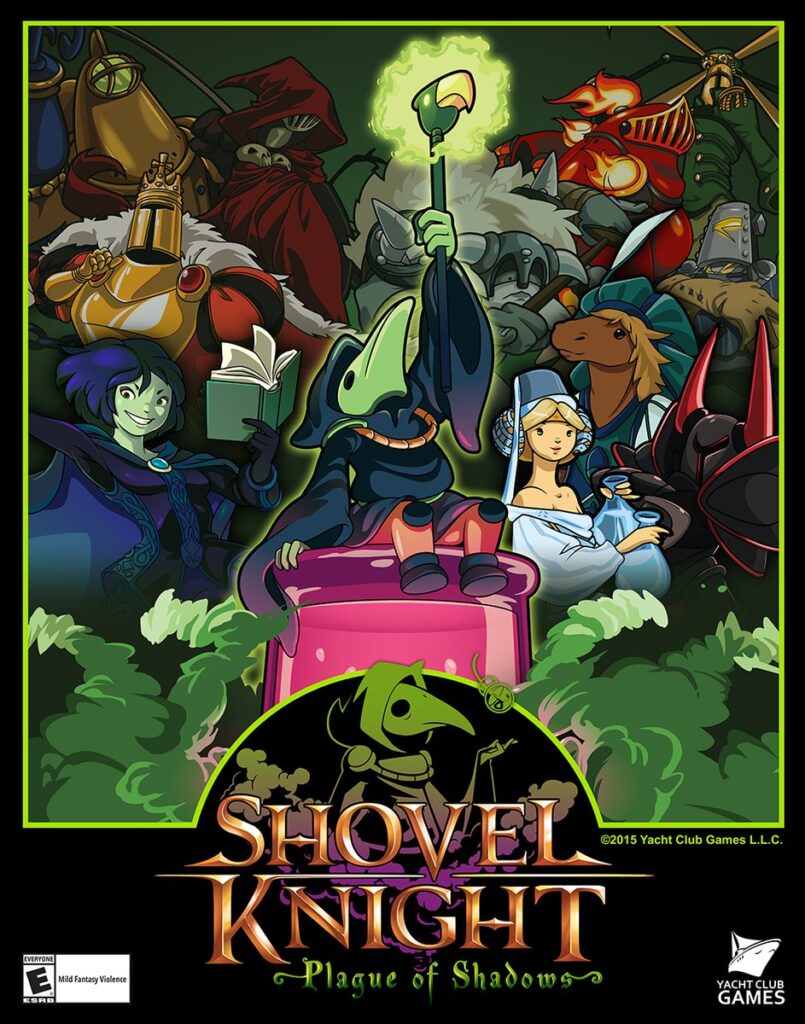I’m sure you’re probably familiar with the theory that the Earth was visited by advanced aliens in ancient times and that they guided the early civilisations who saw them as gods. It’s a fun concept for science fiction stories, but there are certainly some people who sincerely believe that this may have happened. One of these people is Erich von Däniken and in his book, Chariots of the Gods, he takes several examples from history in an attempt to argue his case. Though he wasn’t the first person to argue this case, he’s definitely one of the most well known advocates of the ancient astronaut theory.
Going into the book, I was open minded. I love historic mysteries and it’s statistically more likely that we’re not alone in the universe than that we are. I don’t think that it’s impossible to imagine that alien beings have visited the planet at some point in its long history. I thought it would be fun to read through some interesting unexplained phenomenon and entertain the notion that extra-terrestrials might be the explanation.
I was actually quite excited to start… only to have that enthusiasm immediately killed by three very long and bitter forewords and introductions. It seems that Von Däniken has not taken criticism of his work very well and all of these opening pieces were just angry rants about how people need to be more open-minded and so on. These felt really long and, honestly, they were kind of uncomfortable to read. Definitely not a good first impression.
By then I got into the main body of the book, mentally rubbing my hands with glee at the thought of all the historic mysteries I was going to find out about… Only to find that the bulk of his arguments boiled down to “How could primitive people possibly have done this by themselves?” and, yes, some of the things he were talking about made me think “Wow, that’s a really good question, how did they build that?” but it just made me think that there were probably methods they developed out of necessity in ways we don’t understand anymore. Some of the arguments were very tenuous, for example, he pointed to God destroying Sodom and Gomorrah in The Bible as an example, saying that it could be a “primitive” mind’s account for seeing aliens destroy a town with a nuclear bomb… but why would aliens want to nuke a random ancient city?
Additionally, there was a lot of creepy casual sexism. He talks about how it would be natural for human astronauts to encounter ‘primitive’ alien women on a planet and select the best specimens for fertilisation… excuse me? So humans are exploring space just so they can rape female aliens? Jeez. Another time, he says something along the lines of a simple housewife having the same intelligence as a simple farmer a few hundred years ago… not very respectful to anybody!
What I will say in this book’s favour is that it highlighted some interesting facts about the possibility of life on alien planets. For example, he explained that tests had proven that a form of life could exist on the planet Jupiter, which is fascinating to me. He also drew my attention to some beautiful pieces of art, architecture and technology from the ancient world which I really enjoyed learning about… just because I don’t think that their existence constitutes an argument for alien intervention, doesn’t mean I don’t like reading about them!
Ultimately, I don’t think I can recommend this book. By all means, give it a try and make up your own mind, maybe you’ll be convinced that aliens really did once walk among us, but in my opinion, he comes to all kinds of alien conclusions based on practically nothing while also coming off as mildly racist and sexist.
Rating: 4.7/10
Buy it here.









